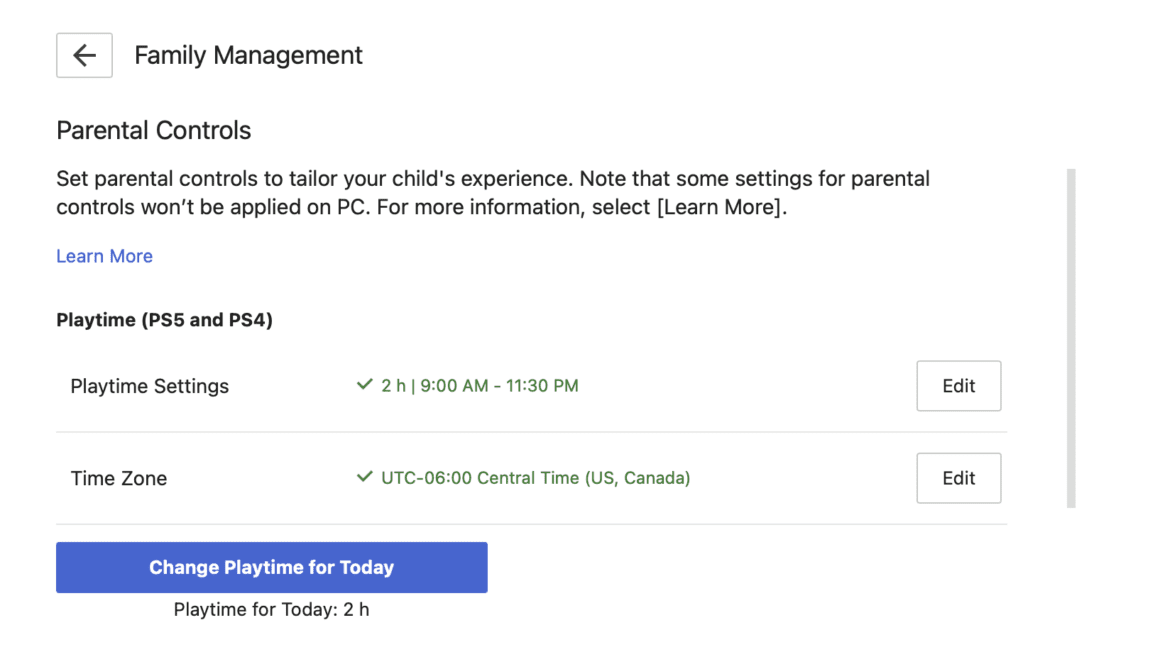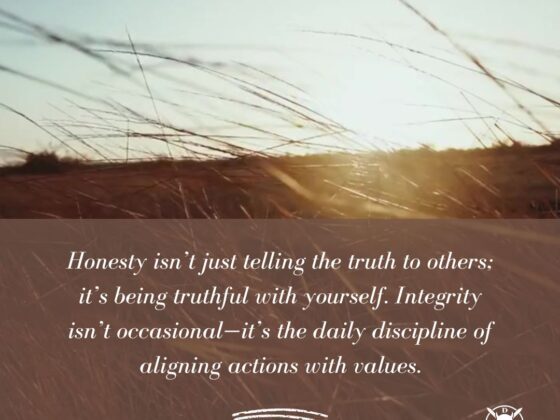“Children must be taught how to think, not what to think.” – Margaret Mead
This quote emphasizes the importance of teaching our children valuable lessons, encouraging them to think critically, have self-confidence, and negotiate life with courage and wisdom.
As parents, our goal is to raise boys (kids) who grow into adults with strong values, direction, discipline, commitment, and happiness. The same things we are trying to achieve.
In today’s world, where social media dominates, and external validation is stronger than ever, teaching our children to value authenticity is more important than ever. Teaching our children to hold on to and not compromise on their values is a critical life skill.
As fathers, we have the unique opportunity and the responsibility to instill in our children the tools they need to maintain discipline and prioritize their values and happiness over the fleeting approval of others.
There is value in authenticity that helps them prioritize happiness and hard work over external validation.
Avoid the Comparison Trap.
Our kids must learn that what they see on social media and often in real life does not reflect reality. We must teach our kids not to try to find self-validation in others, except those we trust, and help hold them accountable to become the best versions of themselves. This awareness can protect them from unnecessary comparisons and feelings of inadequacy.
It is up to us to help our children see through the false nature of social media and help them protect themselves from unnecessary feelings of inadequacy that can come with it.
This is why I end each newsletter with the following self-authored quote, “Never blindly accept what you read online. Always challenge it with an open and critical mind.”
Focus on True Accomplishment and Hard Work.
Things are not free. Our kids need to understand the difference between true happiness and accomplishment versus the performative behavior they see online. What is true for ourselves is true for our kids. They must learn to embrace the obstacles and opportunities to develop the experience and courage they need to succeed.
Things may appear free on social media and our children’s video games. It is amazing how excited my kids can get over a digital sword, hat, gun, or new skin they purchase online. The endless scrolling and wins at their favorite games become dopamine hits, but they can be a hidden cost in time, self-worth, exercise, and self-development.
My wife and I feel that limiting their screen time is a never-ending battle. They have many friends who have access to their devices 24/7. It would be easier to relinquish and let them have unlimited time, but we do our best to hold firm and get them to focus on outdoor sports, reading, drawing, doing a few hours of chores, or building legos.
For parents who get tired of this argument, I recommend that you investigate parental controls on your kid’s games and devices.
Hint: If you link your kids’ Playstation to an adult Playstation.com account, you can set daily playtime limits.

Hint: The solution my wife and I use to limit and monitor our kids’ iPad time is called OurPact.
As parents, we must help our children learn that true joy comes from discipline, working hard, achieving goals, and building meaningful relationships, not from online validation.
Cultivate Self-Worth.
“Don’t rely on someone else for your happiness and self-worth. Only you can be responsible for that. If you can’t love and respect yourself, no one else will be able to make that happen.” – Stacey Charter.
This quote highlights the value of finding self-value from within and not seeking it from others. This is a lesson we need to teach our children. Our kids must learn not to seek approval from others and instead find happiness rooted in their values. Learning to do so will foster self-confidence and self-worth.
Self-worth comes from within.
By teaching our kids not to rely on others for validation, we help foster their confidence and help them base their happiness on the values most important to them.
Resist Peer Pressure
We, even as adults, must work hard to avoid this.
We have all heard the line, “If your friend jumped off a bridge, would you do it too?”
I remember responding a resounding “Yes” to my mom many times in my youth to get a reaction.
Parents often use this rhetorical question to teach the kids the importance of thinking for themselves and not falling for peer pressure. This is especially important when making risky, unwise decisions.
We want to encourage our children to think critically and uphold their values when making decisions.
I could write a newsletter or book on teaching our kids to resist peer pressure—two quick hints.
Lead by example. Our kids learn by observation. Show them how you handle pressure by remaining calm and sticking to your values and principles. Kids are most likely to learn from the behaviors they see in their parents.
Communicate with them in these situations so they understand your values and why you did not waver, even when difficult.
To this day, I know my parent’s behavior regarding drinking and drugs is what influenced me when I was growing up and others around me were drinking and doing drugs. It was never even a temptation for me because my parents helped me form a strong foundation about my values with drugs and alcohol.
We must also instill values like honesty, integrity, and respect early on. When our children have a solid moral compass, they are likelier to make choices aligned with their principles rather than following the crowd.
Build Emotional Intelligence
Emotional intelligence is the ability to understand, manage, and effectively express our emotions, as well as recognize and influence the feelings of others.
It is a crucial life skill for our kids to develop and master to build healthy relationships, navigate challenges, remain disciplined, and achieve personal and professional success.
Teaching emotional intelligence lays the foundation for a happier, more successful, and empathetic life. It’s one of the most impactful gifts we can give our children and shields them against the negative influence of social media and the people in their lives.
This is one of those skills we continuously improve on, and it is a lifelong journey. It helps our kids navigate the complexities of adulthood, from maintaining relationships to thriving in teamwork and leadership roles.
These are just words, but as parents, how do we instill emotional intelligence in our kids?
Model it: Show your children how you manage your emotions, communicate effectively, and empathize with others.
What better reason to get your shit together than to have a positive include on your kids?
Encourage open dialogue: Create an environment that promotes open dialogue with your kids to discuss their feelings without fear of judgment. On their worst day, I want my kids always to be able to come to me and their mom to seek advice and guidance.
Practice empathy: Help them see situations from others’ perspectives to build compassion.
Teach self-regulation: Guide them in calming techniques like deep breathing or stepping away when emotions run high.
Conclusion
Raising children who value authenticity over external validation is one of the most impactful gifts you can give as a parent.
These lessons empower him to resist peer pressure, cultivate empathy, and form genuine connections, all while staying true to himself. It is so vital for them to hold on to their values firmly.
Remember, your most important legacy is not money or material wealth. It is the values, discipline, resilience, confidence, courage, and emotional intelligence you instill/teach your kids.
As I often state, I am not perfect at any of this and am also on the same journey as most of my readers.
Let’s continue this journey together. What are some ways you encourage your children to embrace authenticity? Share your thoughts—I’d love to hear them!
The Day Warrior
How to find more content from The Day Warrior:
If you enjoyed this newsletter, please subscribe.
If you want to provide feedback, please take The Day Warrior Survey.
If you want to have a deeper discussion about this subject, please get in touch with The Day Warrior.
Follow me on X for daily short and long-form content: @thedaywarrior.
My LinkedIn information is here: https://www.linkedin.com/in/the-day-warrior/
I am also on Instagram: @thedaywarrior.
My website is http:/thedaywarrior.com.
“Never blindly accept what you read online. Always challenge it with an open and critical mind.” – The Day Warrior










